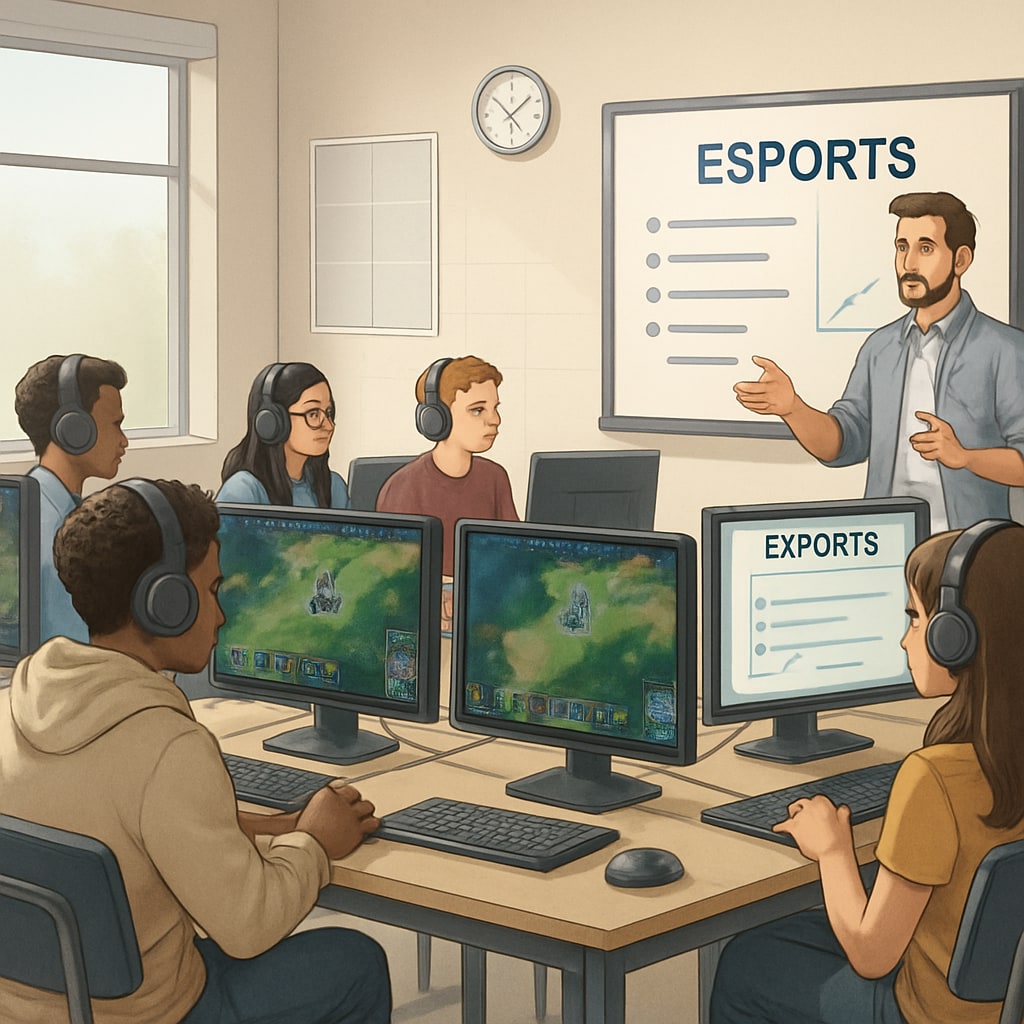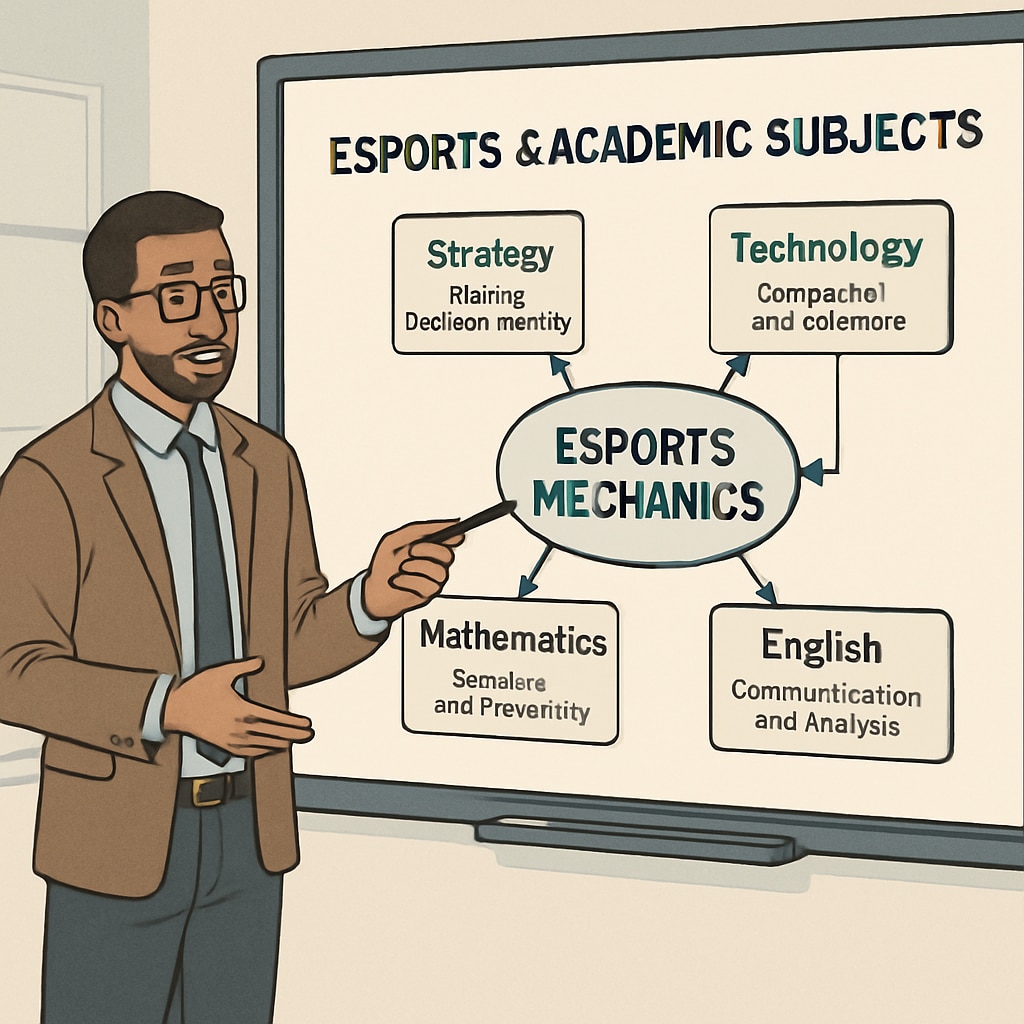The strategic partnership between esports education and gamified learning pioneers NASEF and GameClass marks a turning point in modern pedagogy. By combining competitive gaming frameworks with academic content delivery, this collaboration offers 9,000 esports clubs worldwide innovative tools to enhance student participation across core subjects.

Redefining Classroom Engagement Through Competitive Frameworks
Traditional education models often struggle with student motivation, particularly in STEM subjects. The NASEF-GameClass initiative addresses this by implementing:
- Progression systems that mirror esports ranking structures
- Subject-specific challenges designed as gaming quests
- Real-time feedback mechanisms adapted from competitive gaming
According to Edutopia’s research on gamification, such approaches can increase knowledge retention by up to 40% compared to conventional methods.
Curriculum Integration: Beyond the Game Controller
This partnership moves beyond superficial engagement by aligning esports activities with academic standards. Key integration points include:
- Mathematics through in-game statistics analysis
- Physics principles in character movement mechanics
- Creative writing for narrative-driven game development

The Wikipedia entry on game-based learning confirms these methods help bridge abstract concepts to practical applications, particularly for visual and kinesthetic learners.
Implementation success factors: Schools report highest efficacy when combining structured esports programs (3-5 hours weekly) with targeted academic modules. Teacher training remains crucial – over 75% of educators require initial support to maximize the platform’s potential.
As this educational model evolves, early data suggests particular benefits for underrepresented student groups. ESL learners demonstrate 28% faster language acquisition when using gaming contexts, while special needs programs report unprecedented participation rates.


